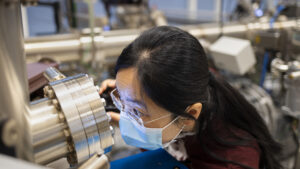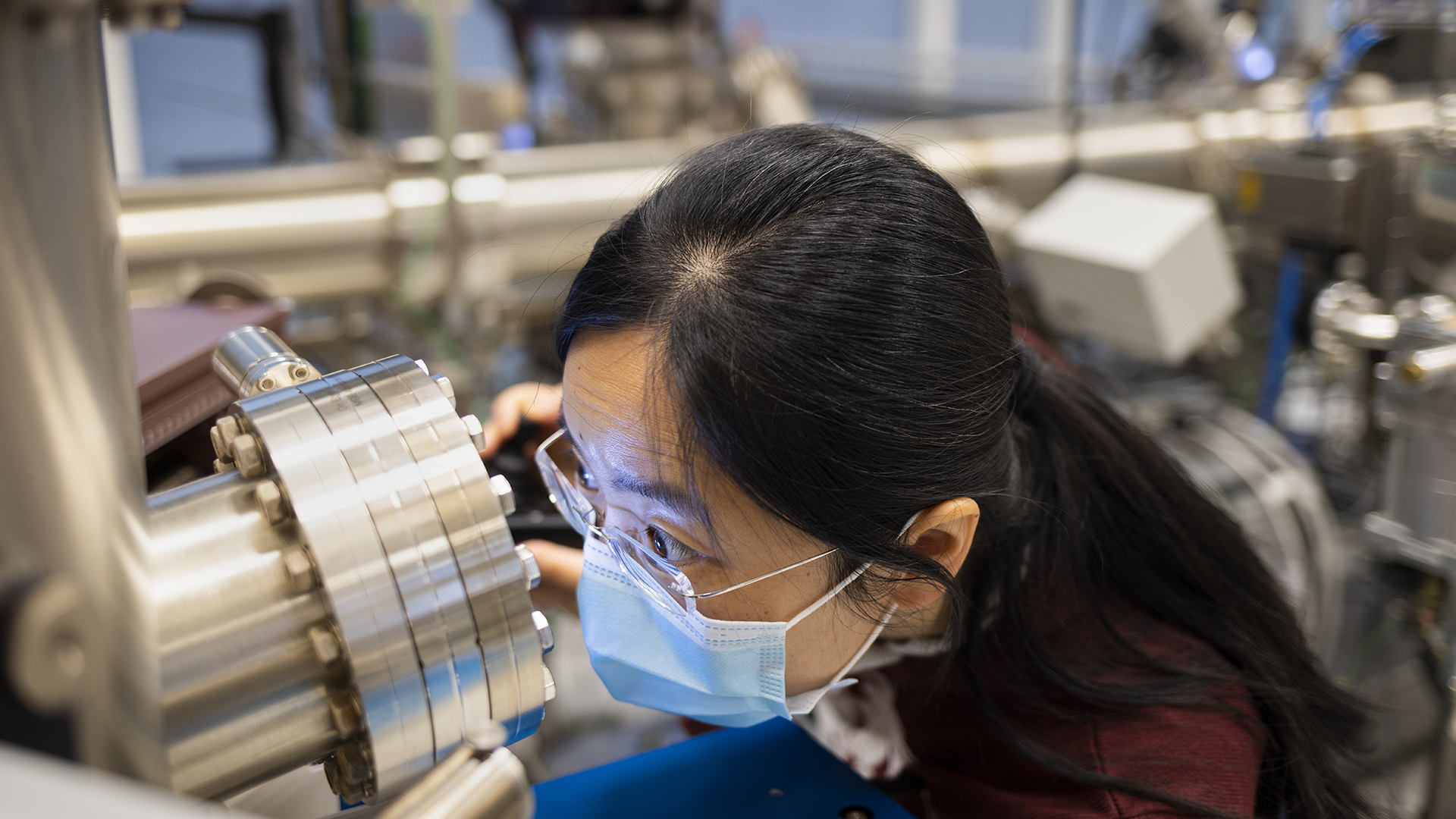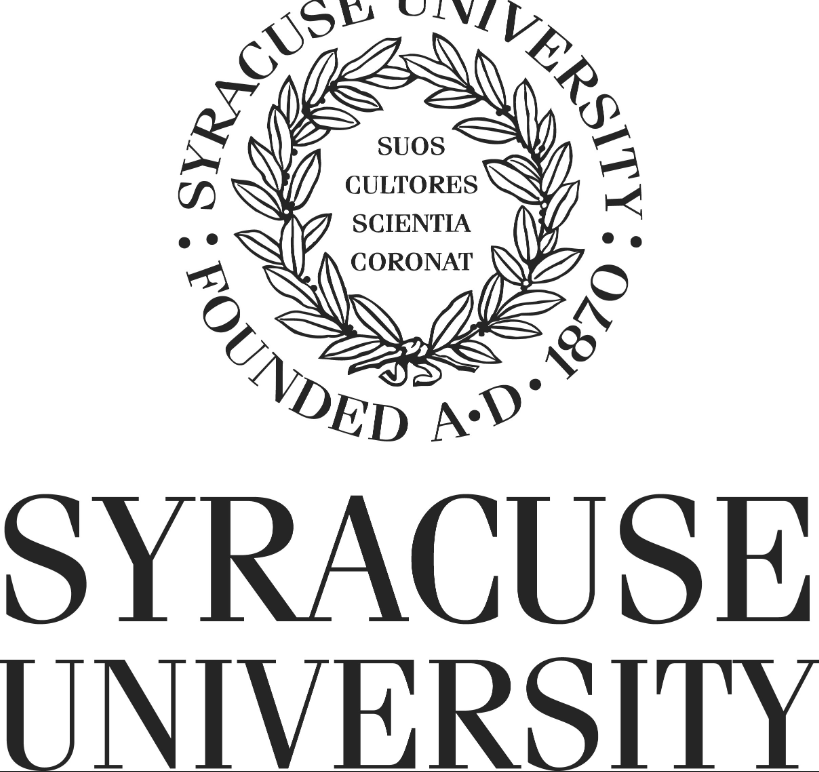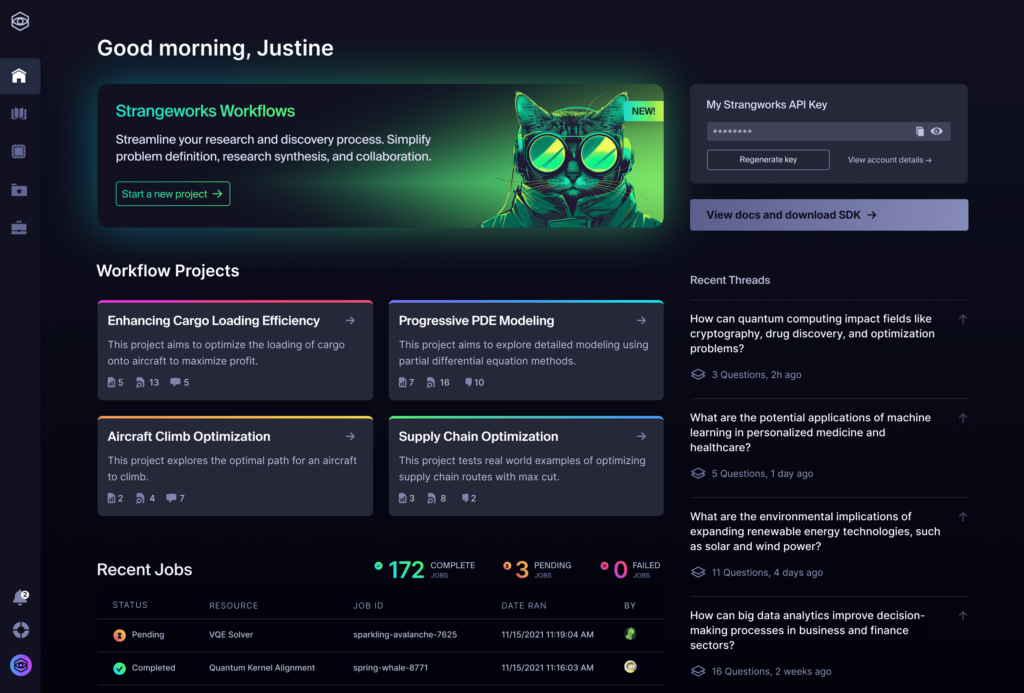
A few years ago, word that a study done on Majorana particles was retracted appeared to scuttle one topological approach to quantum computing that Microsoft backed.
Now, Microsoft’s Azure Quantum scientists report in a company blog post that they demonstrated the elusive building blocks for a topological qubit, which Microsoft has pursued as a promising path to developing a scalable quantum computer and one that could launch a new generation of computing capabilities for Azure customers.
They are labelling this a key scientific breakthrough.
According to the post, the team is building on two decades of scientific research and recent investments in simulation and fabrication, to engineer devices that induce a topological phase of matter bookended by a pair of Majorana zero modes. It takes incredible sensitive conditions to induce these quantum excitations because they don’t normally happen in nature, the researchers said.

They add that these excitations were first theorized about in 1937, but have never been observer. Importantly, Majorana zero modes can play an important role in protecting quantum information and enabling reliable computation..

“What’s amazing is humans have been able to engineer a system to demonstrate one of the most exotic pieces of physics in the universe. And we expect to capitalize on this to do the almost unthinkable — to push towards a fault-tolerant quantum machine that will enable computation on an entirely new level that’s closer to the way nature operates,” said Krysta Svore, a Microsoft distinguished engineer who leads the company’s quantum software program. “It’s never been done before, and until now it was never certain that it could be done. And now it’s like yes, here’s this ultimate validation that we’re on the right path.”
In another advance, the Azure Quantum team produced a topological phase and a way to measure the topological gap, which quantifies the stability of the phase. This removes a huge obstacle to producing the topological qubit, the unique type of qubit that will be used to store and compute information.
According to the post: “It’s the foundation for Microsoft’s approach to building a quantum computer that is expected to be more stable than machines built with other types of known qubits, and therefore scale like no other.”
The team’s scientists hope that their approach to quantum computing will be used to discover solutions to the world’s biggest challenges — ones, like climate change, that can’t be solved using classical computers, or even supercomputers.
“Figuring out how to feed the world or cure it of climate change will require discoveries or optimization of molecules that simply can’t be done by today’s classical computers, and that’s where the quantum machine kicks in,” said Microsoft’s quantum corporate vice president Zulfi Alam, who said he thinks a lot in his work about how to leave the world in a better place for his four-year-old.
“I don’t know that we’ve done that in the last two or three generations,” he added. “So hopefully we can give back now and do something to help heal the planet, and I believe we need the computational power of quantum computing to accomplish that.”
Yo
For more market insights, check out our latest quantum computing news here.



















